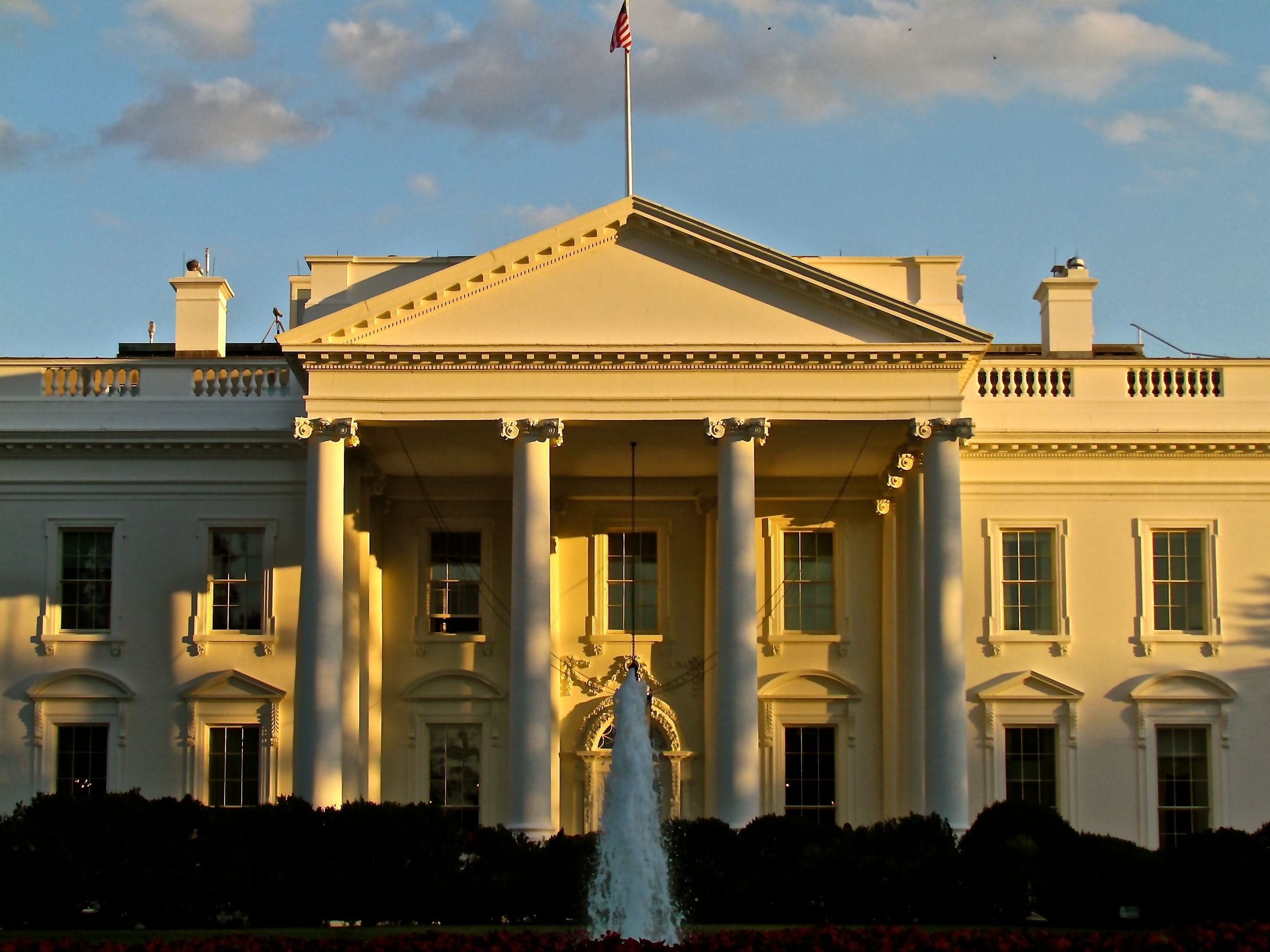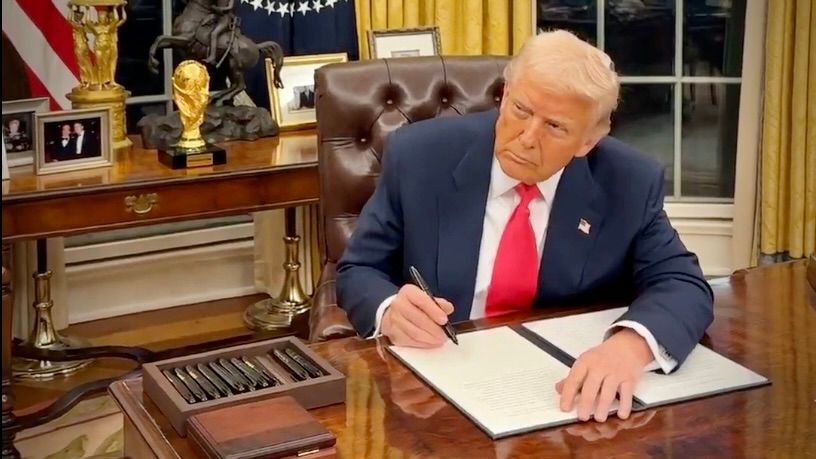The Debanking Crisis: A Threat to American Values
The Unsettling Reality of Debanking
Debanking, a term that has become a buzzword in Washington, refers to the practice of cutting off banking services to certain industries, often due to pressure from federal regulators. This controversial practice has sparked heated debate, with multiple congressional investigations examining whether regulators have improperly pressured banks to deny services to crypto firms and other businesses.
A Personal Account: My Experience with Debanking
As the CEO of a federally-regulated bank, I have experienced firsthand the devastating effects of debanking. Despite being a well-capitalized, well-regulated, and well-run institution, our bank abruptly cut off our account, citing discomfort with our crypto clients’ transactions. The irony was stark: we were a great bank customer, yet our banking partner refused to provide any explanation or recourse. The impact of being nearly shut out of the banking system was devastating, causing significant disruption to our business and clients, and ultimately leading to the difficult decision to lay off 20% of our workforce.
The Wider Impact: A Threat to American Values
Debanking is not just an isolated incident; it is a systemic problem that affects not just the crypto industry but multiple legitimate American businesses. When regulators warn banks against serving certain customers, it creates a climate of constant uncertainty, driving innovation and growth. The lack of clear, transparent rules on who banks can serve has led to a culture of fear, where banks are forced to choose between compliance and risk management. This is a threat to American values, as it undermines the principles of fairness, transparency, and accountability.
The Need for Reform
Congress must take immediate action to address the debanking crisis. This includes:
- Congressional Oversight: Investigate the actions of regulators and hold them accountable for their decisions.
- Safeguards: Establish clear, transparent rules on who banks can serve, ensuring that law-abiding individuals and businesses have access to basic banking services.
- Inspector General Whistleblower Hotlines: Create hotlines for examiners to report misconduct and ensure that those who speak out against wrongdoing are protected.
- Written Explanations for Account Terminations: Require banks to provide written explanations for account terminations, ensuring that businesses can appeal and seek justice.
The Future of Debanking: A Call to Action
Without immediate action, the debanking crisis will continue to threaten American values and stifle innovation. The time for change is now. We must work together to create a system that is fair, transparent, and accountable, where businesses can thrive and individuals can access the services they need. The future of debanking is in our hands.
FAQs
Q: What is debanking?
A: Debanking refers to the practice of cutting off banking services to certain industries, often due to pressure from federal regulators.
Q: What is the impact of debanking on businesses?
A: Debanking can have devastating effects on businesses, including disruption to operations, loss of clients, and even layoffs.
Q: Why is debanking a threat to American values?
A: Debanking undermines the principles of fairness, transparency, and accountability, creating a culture of fear and uncertainty.
Q: What can be done to address the debanking crisis?
A: Congress must take immediate action to investigate regulators, establish clear rules, and create safeguards to ensure that law-abiding individuals and businesses have access to basic banking services.









